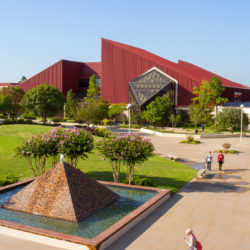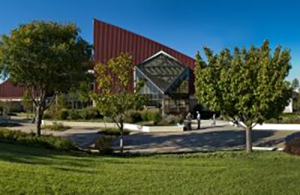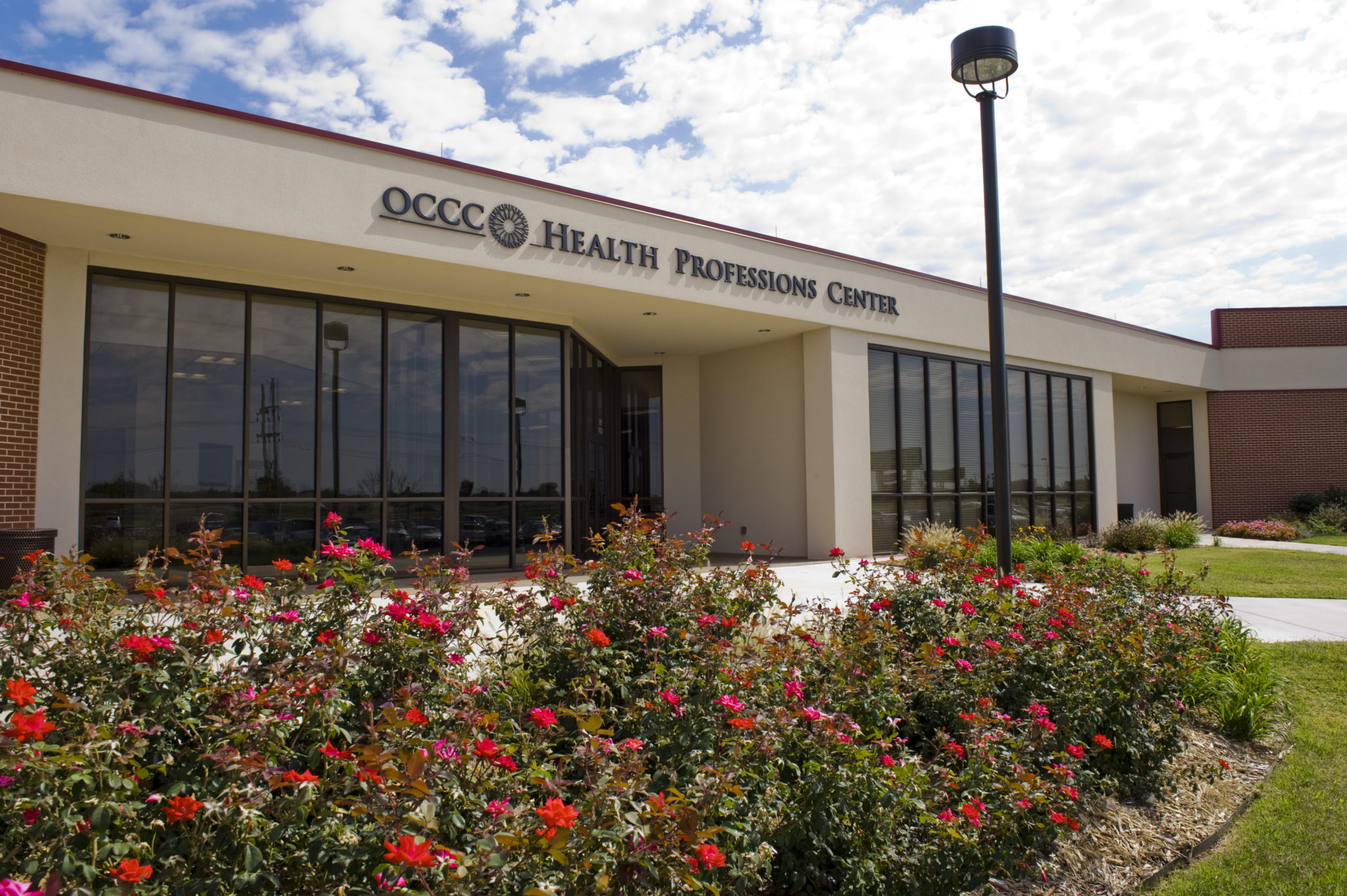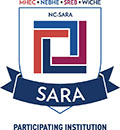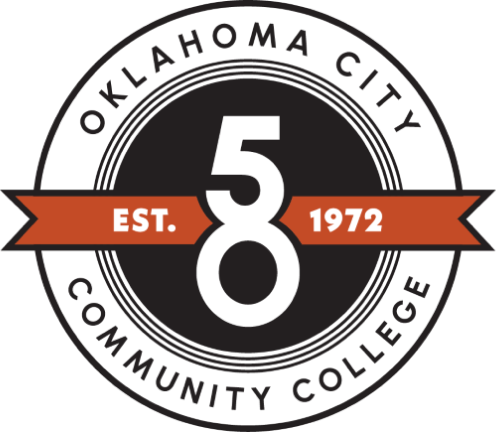Respiratory Care practitioners are trained in a variety of therapeutic and diagnostic skills that enable them to assist with the treatment of individuals with pulmonary and cardiac disorders. Respiratory therapists perform many types of assessment and therapy, including life support procedures and management of ventilators in the critical care unit. Entry into the Respiratory Care profession requires an associate degree from an accredited program, as well as successful completion of national credentialing examinations.
Respiratory Care practitioners work in a variety of extremely busy environments, such as hospitals, pediatric/neonatal care units, skilled nursing and rehabilitation facilities, and many others to help treat critically ill patients and their families. They analyze data, evaluate patients, and make critical thinking decisions that directly affect the well being of patients.
About this Occupation
Respiratory Care Practitioners (RCP’s) work in an extremely busy environment and deal with critically ill patients and their families. They must be able to work effectively as part of a multidisciplinary team and must be able to communicate effectively with team members, patients, and families, even under stressful conditions. Respiratory Therapists must have the ability to analyze data, evaluate patients, and make critical thinking decisions that directly affect their patient’s wellbeing.To perform necessary job functions, Respiratory Care Practitioners must have visual acuity sufficient to read monitors from a distance of 6 to 8 feet and to observe and assess patients. They must also be able to read patient charts and small print on laboratory reports, medication containers, and technical manuals. In addition, they must have auditory acuity sufficient to accurately assess heart and breath sounds, understand instructions in a normal tone of voice without seeing the speaker’s face, and hear and respond to audible alarms.When working in this field, steady physical activity is required and may consist of walking, standing, and assisting in moving patients and/or equipment. Daily tasks require occasional lifting up to 30-40 lbs. When dealing with patient care there is occasional to frequent exposure to communicable disease, and direct contact with blood or other bodily fluids requires that personal protective equipment be worn in these circumstances.
Program Details
Students preparing for the program will complete 38 credit hours of prerequisite courses including general education, science, and mathematics courses at Oklahoma City Community College and then make application to the 12-month respiratory care therapist program at Francis Tuttle. If the applicant has possible transfer credit, they should have their college transcript(s) evaluated at OCCC for approval.
The RC program provides targeted instruction in respiratory care including respiratory theory, laboratory practice, and clinical experience, preparing students to take the national credentialing exams. Upon completion, students will receive the Respiratory Care Therapist Associate of Applied Science degree from OCCC, are are then eligible to take the two national examinations required to earn a Registered Respiratory Therapist (RRT) credential. Specifically, graduates are eligible to take the Therapist Multiple Choice Examination, then the Clinical Simulation Examination. Successful completion of both exams earns the credential of Registered Respiratory Therapist and qualifies the graduate to obtain a license to practice as a Respiratory Care Practitioner in Oklahoma and other states.
Respiratory Care Degree Plan
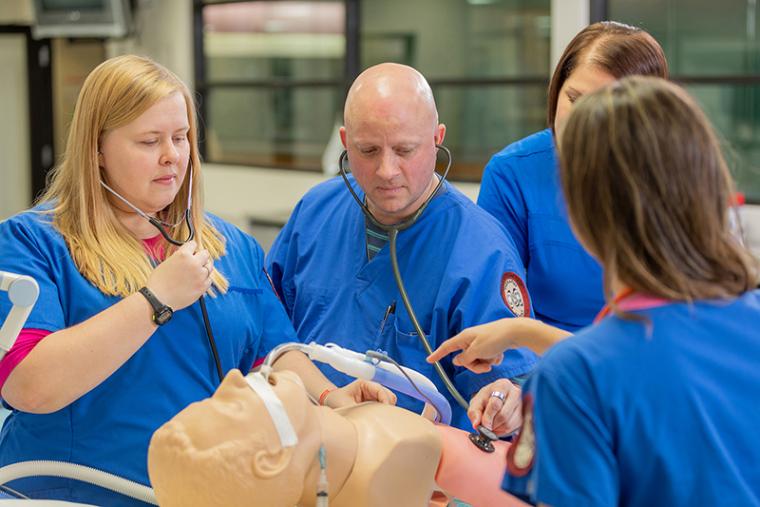
Accreditation
The Respiratory Care Program, CoARC 200454, located on the Francis Tuttle Technology Center campus, in partnership with Oklahoma City Community College, grants an Associate in Applied Science Degree in Respiratory Care and is accredited by the Commission on Accreditation for Respiratory Care (www.coarc.com).
CoARC accredits respiratory therapy education programs in the United States. To achieve this end, it utilizes an ‘outcomes based’ process. Programmatic outcomes are performance indicators that reflect the extent to which the educational goals of the program are achieved and by which program effectiveness is documented.
Programmatic outcomes from the most recent Annual Report of Current Status
Respiratory Therapy Professional Licensure Disclosure
Program Goals and Standards
To prepare graduates with demonstrated competence in the cognitive (knowledge), psychomotor (skills), and affective (behavior) learning domains of respiratory care practice as performed by respiratory therapists.
